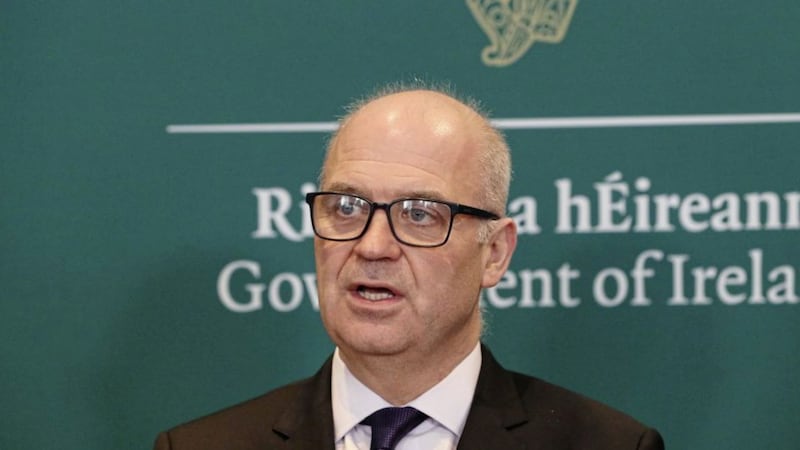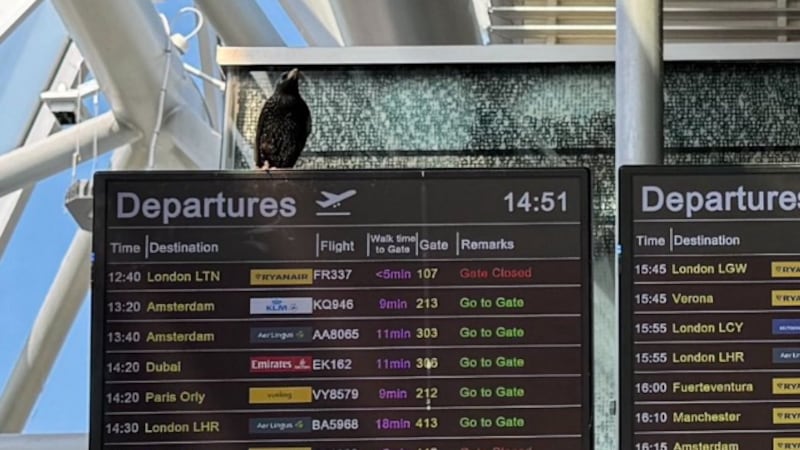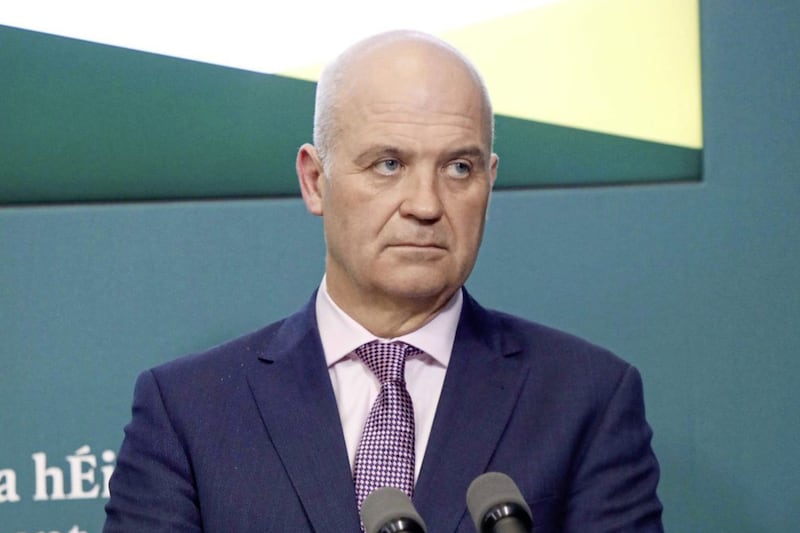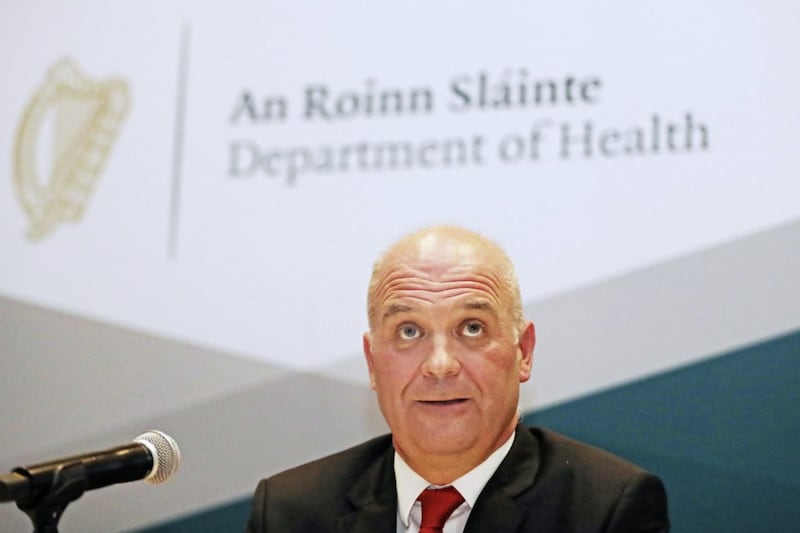The Republic of Ireland has made progress in the fight against Covid-19 but not as much as is needed, the chief medical officer has warned.
Dr Tony Holohan said the country cannot afford to take its foot off the gas now, adding that the third wave of the pandemic was resulting in a higher number of people being treated in hospital across all age groups.
His warning comes as eight more people died of Covid-19 and a further 2,121 new cases of the virus were confirmed on Monday.
The number of people with the virus being treated in hospital passed the 2,000 mark for the first time on Monday.
A total of 2,020 people were in hospital with Covid-19, with 199 people in intensive care units.
The 14-day incidence of the virus now stands at 1,404 cases per 100,000 population.
Monaghan has the highest county incidence in the country, followed by Louth and Waterford.
Dr Holohan said: “It’s nearly three weeks since the Government introduced the current restrictions that are in place.
“We’ve made a lot of progress but not nearly as much as we need to make. We can’t keep our foot off the gas now.
“We’re still dealing with a very, very large rate of infection, a 14-day incidence in excess of 1,400 which is now the highest in Europe.”
He added that if people limited themselves to essential activity only, the infection could be driven down faster than has been the case.
Dr Holohan also said there were more sick people in hospital now than at any time in the course of the pandemic.
“The risk that this disease poses to the individual who is infected has not changed,” he said.
“What has changed is that we are experiencing a much greater level of community transmission and as a result we are seeing higher numbers of people with severe illness who require hospitalisation or admission to intensive care, and higher numbers of mortality.”
Asked about the potential reopening of schools for special needs pupils, deputy chief medical officer Dr Ronan Glynn said there are no zero-risk environments when it comes to Covid-19 and that it was a matter of balancing risks and benefits.
“Once you leave your house, once you come in contact with people there’s a risk involved,” he said. “That’s why we’re keen that as many as possible would stay at home.
“But we have to balance risks and benefits. It’s very clear the closure of schools should be a last resort and the protection of education should be a key priority.”
Asked whether he would prefer special needs schools to remain closed at this time, Dr Holohan agreed with Dr Glynn that it was a matter of balancing risks.
“These levels of community transmission that we’re still experiencing, albeit improvement from where we were at the early part of this month at the turn of the year, it’s still a very high level of infection in the community, it still represents a very substantial level of avoidable risk, as far as we can drive down these levels of infection to much lower levels.
“That’s why we all need to follow basic public health advice and to stay at home as much as we can.”
Health Products Regulatory Authority chief executive Dr Lorraine Nolan told Monday’s briefing that up to January 11, the HPRA received a total of 81 reports of suspected side effects associated with the Pfizer/BioNTech vaccine.
She said all reports were generally consistent with those typically observed with other vaccines and included events of a mild to moderate nature which resolved or were resolving at the time of reporting.
“Among those most frequently reported were abdominal pain, nausea, fatigue, joint pain and pains in the arms, some experience of dizziness, headache, itching and a rash – all consistent with the known and anticipated side effects as emerged during the clinical trials,” she said.
“While the relatively mild effects described are of course uncomfortable for those who experience them, they do pass quickly and generally do not require any medical treatment.”








